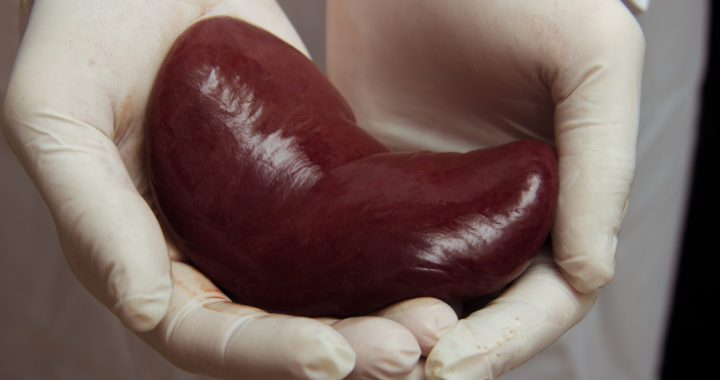Why Would I want to
Get a Kidney Transplant?
When your Chronic Kidney Disease (CKD) gets severe enough, waste products and extra fluids build up in your body. Eventually, this gets so bad that your activities are limited and ultimately your kidney failure results in hospitalizations and death. Fortunately, dialysis is available to markedly improve your health and prolong your life.
For most patients, transplant is a better treatment than dialysis. Transplant usually results in your having more energy than when on dialysis and generally leaves you feeling better than when on dialysis. There is also usually more freedom with your daily schedule than when on dialysis. Transplant patients also live longer than those who remain on dialysis.
What Do I Do to Get a Kidney Transplant?
After an initial conversation with your nephrologist (kidney
When Should I Call a Transplant Doctor?
Having a kidney transplant puts you at risk for health problems like high blood pressure and diabetes. You’re also more likely to get infections. This could occur at a particular site like your incision or your lungs. It could be an infection that affects your whole body like when you have the flu. There is also a chance your body could start to attack (reject) the donor kidney.
Call the transplant doctor prior to having any procedures or starting new medicines to make sure that it is safe for you and the kidney transplant. Also, to make sure that any new medicine will not interact with your anti-rejection medicines.

